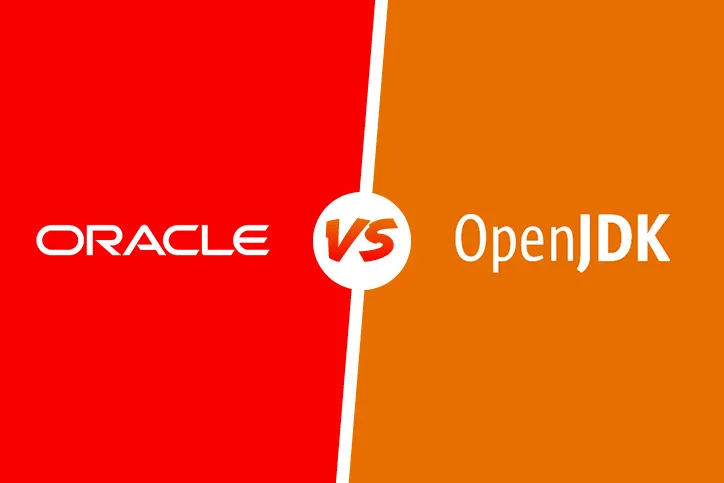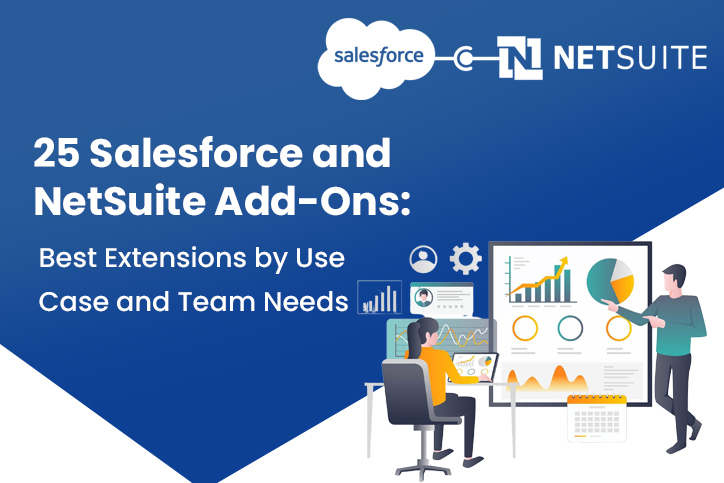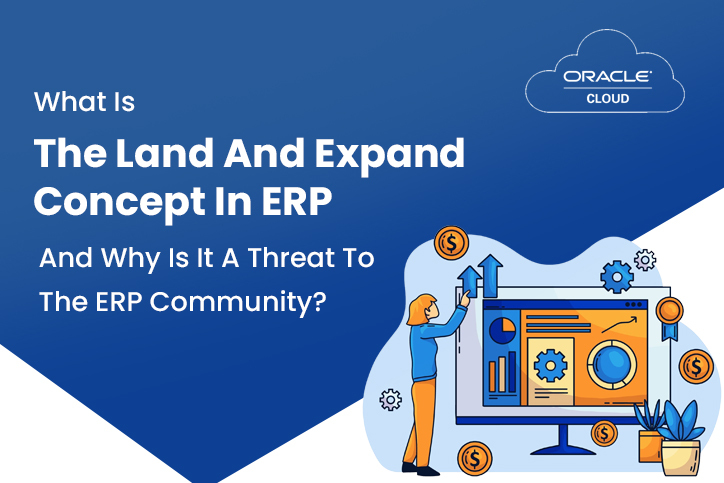In the high-stakes world of software development, the choice of JDK can be a game-changer. Whether you’re scaling a startup or powering a global enterprise, the decision between Oracle JDK and OpenJDK can dramatically impact your project’s performance, security, and overall costs. With Oracle JDK offering robust commercial support and OpenJDK providing a flexible, cost-effective alternative, knowing the key differences can set you on the path to success. Dive into this guide to uncover how these two JDKs measure up and discover which one aligns best with your business goals and technical needs. Make an informed choice that not only enhances your development process but also drives your project forward with confidence.
What is OpenJDK?
OpenJDK stands for Open Java Development Kit, and it’s the open-source implementation of the Java Platform, Standard Edition (Java SE). It’s managed by the OpenJDK Community and licensed under the GNU General Public License (GPL) with a Classpath Exception. This licensing model makes OpenJDK freely accessible to developers, allowing them to use, modify, and distribute it at no cost.
Key Features of OpenJDK:
- Open Source: Available for free, with its source code open for anyone to view and contribute.
- Community-Driven: Supported by a global community of developers who contribute to its ongoing improvement.
- No Licensing Fees: Ideal for projects with budget constraints or those that prefer open-source solutions.
What is Oracle JDK?
Oracle JDK is Oracle Corporation’s commercial implementation of the Java SE. It is built on the same base as OpenJDK but includes additional proprietary features and enhancements. Oracle JDK is offered under a commercial license, which means businesses need to pay for subscriptions to access its full range of features and support services.
Key Features of Oracle JDK:
- Enhanced Features: Includes proprietary tools and performance optimizations not found in OpenJDK.
- Commercial Support: Provides professional support, regular updates, and security patches.
- Performance: Often optimized for better performance in enterprise environments.
OpenJDK vs. Oracle JDK: A Comprehensive Comparison
1. Licensing and Costs
OpenJDK:
- Licensing: OpenJDK is licensed under the GPL with a Classpath Exception, making it freely available to all users. This open-source model is advantageous for companies looking to reduce costs.
- Cost: There are no direct costs associated with OpenJDK itself. However, businesses might need to budget for third-party support services if required.
Oracle JDK:
- Licensing: Oracle JDK is available under a commercial license. Companies must purchase a subscription to use Oracle JDK in production environments.
- Cost: The subscription model involves costs, which can be significant depending on the size of the enterprise and the level of support required. The cost is offset by the additional features and professional support provided.
2. Support and Updates
OpenJDK:
- Support: Support for OpenJDK is provided by the community. While there are forums, mailing lists, and extensive documentation available, formal support is limited. This can be sufficient for many developers but may not meet the needs of businesses requiring guaranteed support.
- Updates: OpenJDK receives updates from the community and major releases periodically. However, the frequency and reliability of these updates may not be as consistent as those from commercial vendors.
Oracle JDK:
- Support: Oracle JDK comes with professional, structured support from Oracle. This includes access to a dedicated support team, ensuring that issues are resolved promptly.
- Updates: Subscribers receive regular updates, including security patches and performance improvements. This ensures that applications using Oracle JDK are always up-to-date and secure.
3. Features and Performance
OpenJDK:
- Features: OpenJDK includes all core Java features and libraries necessary for developing and running Java applications. While it’s feature-rich, it lacks some of the advanced tools and optimizations found in Oracle JDK.
- Performance: OpenJDK provides robust performance suitable for most applications. However, for high-performance requirements, it may not offer the same level of optimization as Oracle JDK.
Oracle JDK:
- Features: Oracle JDK includes additional proprietary features, such as advanced garbage collection algorithms and performance tuning tools. These enhancements are designed to optimize Java applications for complex and high-load scenarios.
- Performance: Oracle JDK is often tuned for better performance, making it a preferred choice for large enterprises with demanding applications. The optimizations can lead to improved efficiency and reduced latency.
4. Community vs. Commercial Support
OpenJDK:
- Community Support: Being open-source, OpenJDK benefits from a diverse and active community. This model promotes innovation and collaborative development but may lack the structured support framework of commercial products.
- Documentation: Extensive documentation and community forums are available, providing a wealth of resources for developers. However, the support experience can vary depending on community involvement.
Oracle JDK:
- Commercial Support: Oracle JDK offers structured, professional support through its commercial license. This includes dedicated support teams, service level agreements (SLAs), and access to Oracle’s technical expertise.
- Documentation: In addition to formal support, Oracle provides comprehensive documentation and resources, ensuring that businesses can effectively utilize all features and address any issues.
Deciding Factors: What Should Your Business Consider?
When choosing between OpenJDK and Oracle JDK, consider the following factors:
- Budget: If cost is a major concern, OpenJDK offers a powerful, cost-effective solution with no licensing fees. It’s ideal for startups, small businesses, and projects with limited budgets.
- Support Needs: For businesses that require guaranteed support and rapid issue resolution, Oracle JDK’s commercial support provides a significant advantage. It ensures that any technical issues are addressed promptly, which is crucial for critical applications.
- Performance Requirements: If your application demands high performance and advanced features, Oracle JDK’s proprietary enhancements and optimizations may provide the necessary edge. This is especially relevant for large-scale applications and enterprises with complex needs.
- Community vs. Professional Support: Consider whether community-driven support and resources are sufficient or if professional, structured support from Oracle would better meet your needs.
Java and Open Source: Is Java Open Source?
A common question is whether Java itself is open source. The answer is nuanced:
- Java Language: The Java programming language is not open source; it is governed by licensing agreements set by Oracle.
- OpenJDK: As an implementation of Java SE, OpenJDK is open source and freely available. This open-source model allows developers to use and contribute to the JDK without licensing restrictions.
How ERP Hosting Fits In?
While evaluating JDK options, it’s also worth considering how ERP hosting might complement your technology strategy. ERP hosting refers to deploying and managing your Enterprise Resource Planning (ERP) system on a dedicated server or cloud infrastructure. This approach ensures that your ERP system operates efficiently and securely, integrating seamlessly with your chosen JDK to support your business processes.
Conclusion:
Choosing between OpenJDK and Oracle JDK ultimately depends on your company’s specific needs and priorities. OpenJDK is an excellent choice for those seeking a cost-effective, open-source solution. On the other hand, Oracle JDK offers additional features, performance enhancements, and professional support that may be essential for enterprises with complex requirements.
For expert guidance on integrating JDK into your systems or exploring how ERP hosting can enhance your IT infrastructure, Softart Solutions is here to assist. Contact us to optimize your technology stack and drive your business forward!
FAQs
What is the primary difference between OpenJDK and Oracle JDK?
The main difference is that OpenJDK is an open-source implementation of Java with no cost, while Oracle JDK includes proprietary features and offers commercial support.
Is OpenJDK truly free to use?
Yes, OpenJDK is available for free under the GNU General Public License (GPL) with a Classpath Exception, making it accessible without licensing fees.
Does Oracle JDK offer better performance than OpenJDK?
Oracle JDK often includes additional performance optimizations and proprietary tools that can enhance performance, especially for large-scale and high-load applications.
How does community support for OpenJDK compare to commercial support for Oracle JDK?
OpenJDK relies on community-driven support, including forums and documentation, while Oracle JDK provides structured, professional support with dedicated teams and service level agreements.
What role does ERP hosting play in my technology strategy? ERP hosting ensures your Enterprise
Resource Planning system runs efficiently on dedicated or cloud infrastructure, integrating seamlessly with your chosen JDK to support and streamline your business operations.








